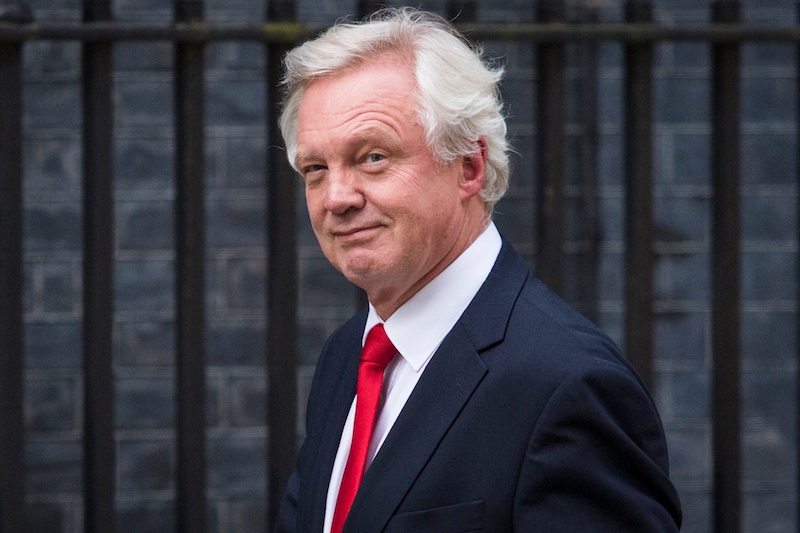This afternoon Boris Johnson came close to losing a Commons vote for the first time since the election. Over 30 Tory MPs broke a three-line whip in order to protest over the government’s decision to allow the Chinese company Huawei to be involved in the UK’s 5G network. The government saw off the rebellion by Tory MPs over an amendment calling for Huawei to be removed from the 5G network in two years time if it is still deemed ‘high risk’ by British cybersecurity experts by 306 votes to 282. This means that the government’s working majority of 87 was cut to 24.
The rebellion was spearheaded by Iain Duncan Smith who was backed by Damian Green, David Davis, Owen Paterson, Tom Tugendhat and Bob Seely. In a bid to dissuade MPs to join the rebellion – and to convince Duncan Smith and others to call the vote off – Culture Secretary Oliver Dowden had sent a letter to colleagues along with a plea at the despatch box. He warned Tory MPs that this was not the right bill to rebel on and said that over time reliance on Huawei would be reduced. However, Dowden’s reluctance to give a set date or even a timetable for the UK’s relationship with Huawei coming to an end meant that the rebels proceeded with the vote.
So, what does today’s warning shot mean for the government? The rebels are pleased with the result and believe it bodes well ahead of the main votes on Huawei due to be held this summer. One tells me that given they have months to recruit more rebels they believe they have a good chance of defeating the government. It is now over to No. 10 to decide whether to try and convince the rebels to hold off by offering a compromise – and setting a clear deadline to end Huawei’s involvement. What’s boosting the rebels is that their cause is one shared by many in their local parties. Concern over whether China can be trusted and what it means for the UK’s security and diplomatic relations with other countries – like America – goes beyond the Westminster bubble.
But there’s still a question as to how many Tory MPs are really willing to put their head above the parapet and be held responsible for the government’s first defeat. The list of Conservatives who voted against the government today includes MPs from different sections of the party – from one nation caucus member Damian Green to European Research Group stalwart Iain Duncan Smith. But they do by large have something in common: they are not expected to be promoted anytime soon. Many of the MPs leading the charge are former cabinet ministers who believe their frontbench career is likely over. Likewise figures such as Tom Tugendhat have made a calculation that with Boris Johnson as Prime Minister (the pair have traded barbs in the past) their career is best pursued outside of government.
For the newer intake of MPs, it’s a much harder calculation when it comes to whether to rebel and risk thwarting those who could offer promotion – or put their concerns aside and stick with the government. As to who the backbench MPs leading the charge of recruiting dissenters and critiquing the government agenda will be going forward, today’s list of rebels is a good indicator. Expect to hear more from the new awkward squad in the coming months.







Comments